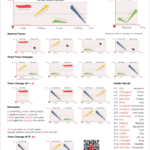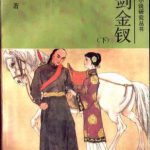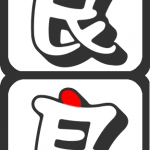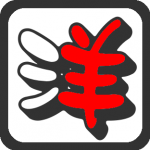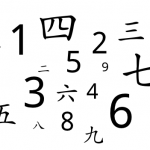Articles in the ‘Distinctively Chinese’ category Page 12
-
Focusing on tone pairs to improve your Mandarin pronunciation
When learning to pronounce tones in Chinese, it makes sense to focus on words rather than single syllables. Most words in Mandarin are disyllabic and since practising these will also include tone changes (sandhi), focusing on tone pairs is recommended. This article gives you all HSK and TOCFL words, sorted by tone! First all [first tone] + [first tone], then all [first tone] + [second tone] and so on. This is great for students who need words to practise difficult combinations, but it’s also useful for teachers.
Read → -
A language learner’s guide to wuxia novels
Wuxia can be used as a key to both Chinese language and culture. This article is meant to be a guide to second language learners. If you want to read wuxia in Chinese, where do you start? How do you approach these novels? How do I find one which isn’t too hard? You will find the answers here!
Read → -
Wuxia, a key to Chinese language and culture
Wuxia is something genuinely Chinese and is great for learning both about the culture and the language. in this article, Sara K. introduces wuxia to Chinese learners and explains what it is, why it’s relevant for learners and how to get started with wuxia if you find it interesting.
Read → -
25 books I’ve read in Chinese, with reviews and difficulty ratings
I set the goal of reading 25 books in one year. This article is about the 25 books I read and is meant to serve as encouragement and inspiration. You might also find a book or two you want to read yourself! At the end of the article, I discuss my reading habits in general as well.
Read → -
Learning to read aloud in Chinese
Reading aloud in Chinese is hard, but it’s not impossible. It requires a lot of different skills, but it also seems like reading aloud is a skill in itself that needs to be practised specifically if we want to improve our reading ability. In this article, I discuss an experiment I did to see if I could increase my own ability to read aloud in Chinese.
Read → -
5 websites to help answer your questions about Chinese
It’s not always easy to know where to go when you fail to find answers to your Chinese-related questions. This article gives some advice on how to ask for help online and also introduces five websites that offer help in various forms for free.
Read → -
Reading aloud in Chinese is really hard
Reading unfamiliar Chinese text aloud is very hard. This article sheds some light on why this is the case and what consequences it has for people who learn Chinese as a second language. In general, as a student, don’t feel down if you can’t read aloud well, because it really is very hard, and as a (native speaking) teacher, please understand that reading aloud in Chinese is much harder than you think.
Read → -
Phonetic components, part 2: Hacking Chinese characters
This is the second and final article about using phonetic components to hack Chinese characters and make it considerably easier to handle similarly looking characters. This article describes both the principles and gives plenty of examples that might resolve some of your current problems for you.
Read → -
Phonetic components, part 1: The key to 80% of all Chinese characters
At least 80% of all Chinese characters are made up of one semantic component (meaning) and one phonetic component (pronunciation). The sheer number of characters formed this way means that these characters ought to be taught properly, yet I think this topic is largely glossed over. This is the first article of two dealing with phonetic components and how they can help you learn Chinese better.
Read → -
Do you really know how to count in Chinese?
Counting in a foreign language is one of the first things we learn, yet it takes very long to master numbers in Chinese. Most students abandon practising numbers too early, leading to a surprising and serious gap in our knowledge: we simply don’t know the numbers as well as we think we do, which will cause problems both in real life and in listening comprehension tests. Do you really know how to count in Chinese? Tests included!
Read →
